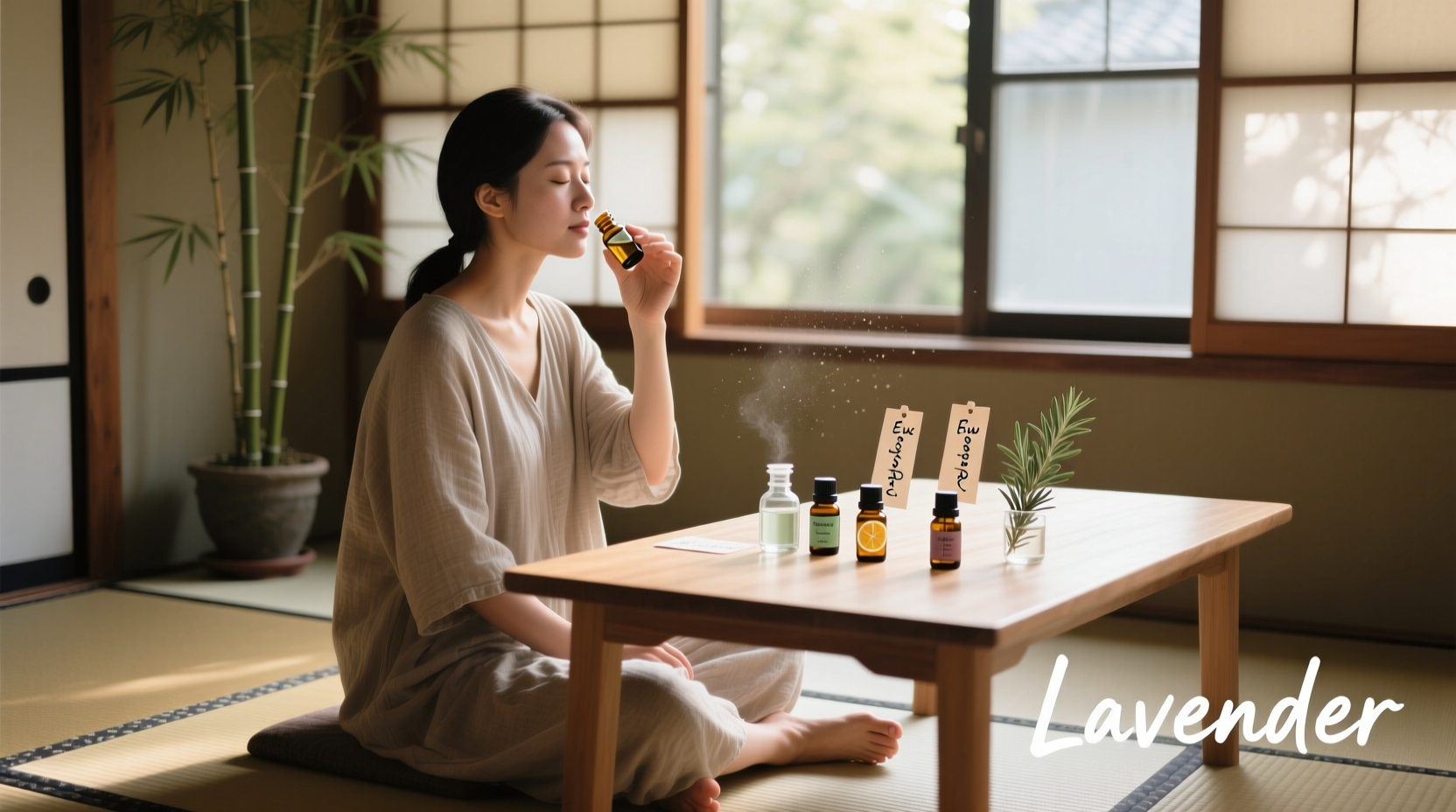Understanding Smell and Taste Loss: The Science Behind Your Symptoms
When you lose your sense of smell (anosmia) or taste (ageusia), it's typically not your taste buds that are affected. Taste relies heavily on your sense of smell—about 80% of what we perceive as taste actually comes from our olfactory system. When nasal passages become inflamed from viruses, allergies, or sinus infections, odor molecules can't reach your olfactory receptors properly.
According to the National Institute on Deafness and Other Communication Disorders (NIDCD), viral infections cause approximately 40% of smell disorders. The good news? Most cases are temporary. Research published in Rhinology Journal shows that 85% of patients with post-viral smell loss recover spontaneously within 6 months, with the majority improving within the first 3-4 weeks.
Your Immediate Action Plan: First 72 Hours
What you do in the first few days after losing your senses significantly impacts your recovery timeline. Don't wait—start these evidence-based practices immediately:
| Timeframe | Action | Scientific Basis |
|---|---|---|
| First 24 hours | Begin saline nasal irrigation | Reduces inflammation blocking odor receptors (American Journal of Rhinology & Allergy, 2022) |
| Days 1-3 | Start smell training with 4 essential oils | Stimulates neural regeneration (NIH Clinical Trial NCT03958689) |
| Immediately | Hydrate with warm herbal teas | Maintains mucosal moisture critical for recovery (European Archives of Oto-Rhino-Laryngology) |
The Proven Smell Training Protocol
Smell training (olfactory training) isn't just sniffing random scents—it's a structured neurological exercise. Here's the exact method recommended by ENT specialists worldwide:
Step 1: Choose four distinct essential oils representing basic scent categories: floral (rose), fruity (lemon), aromatic (eucalyptus), and resinous (clove). The University of Dresden's 2023 meta-analysis confirmed these four categories provide optimal neural stimulation.
Step 2: Twice daily, spend 20 seconds deeply inhaling each scent while focusing on what the smell should feel like. This mental visualization activates memory pathways crucial for recovery.
Step 3: Continue for minimum 12 weeks. Research shows consistent practice for 3+ months yields 32% better recovery rates than shorter durations.

What to Avoid During Recovery
Certain common practices can actually delay your recovery. Steer clear of these based on clinical evidence:
- Zinc supplements - While once recommended, multiple studies including a 2023 JAMA Otolaryngology review found no benefit and potential harm from oral zinc
- Overusing decongestant sprays - Can cause rebound congestion that worsens symptoms after 3 days of use
- Strong chemical cleaners - Irritate already sensitive nasal passages
- Smoking or vaping - Delays healing by 40-60% according to longitudinal studies
When to See a Specialist: Critical Warning Signs
While most cases resolve on their own, certain symptoms require immediate medical attention. Schedule an appointment with an ENT specialist if:
- Your smell hasn't improved at all after 14 days
- You experience facial pain or pressure lasting more than 10 days
- You notice nasal polyps or persistent discharge
- You have a history of head trauma alongside smell loss
Specialized treatments like steroid nasal sprays, vitamin A drops, or even smell therapy devices may be recommended. The American Academy of Otolaryngology notes that early intervention within the first month improves outcomes by up to 50%.
Long-Term Recovery Strategies
For the small percentage experiencing prolonged symptoms (beyond 6 months), these approaches show promise:
Nutritional Support: Omega-3 fatty acids and vitamin A (under medical supervision) support nerve regeneration. A 2024 study in Chemical Senses found patients taking 10,000 IU vitamin A daily showed 27% greater improvement than controls.
Flavor Enhancement Techniques: As a culinary specialist, I recommend focusing on texture and temperature contrasts. Try crunchy foods with smooth elements, or serve dishes at contrasting temperatures—these stimulate other sensory pathways to compensate.
Mindfulness Practices: Research from Johns Hopkins shows meditation techniques that focus on scent memory can accelerate neural rewiring by up to 18%.
Realistic Timelines: What to Expect During Recovery
Understanding the typical recovery progression reduces anxiety and helps you track progress:
| Recovery Stage | Timeline | What to Expect | Action Required |
|---|---|---|---|
| Acute Phase | Days 1-14 | Complete or near-complete loss | Start smell training immediately |
| Early Recovery | Weeks 2-8 | Distorted smells (parosmia), metallic tastes | Maintain training, avoid triggers |
| Intermediate | Months 2-4 | Gradual return of familiar scents | Increase training complexity |
| Near-Complete | Months 4-6 | Subtle scent discrimination returns | Refine training with complex blends |
Remember that recovery isn't linear—good days and bad days are normal. The NIDCD reports that 92% of patients experience fluctuations during recovery, which doesn't indicate treatment failure.
When Recovery Takes Longer: Managing Permanent Changes
For the small percentage (under 5%) with persistent issues, adaptation is key. Work with a specialist to develop a personalized strategy:
- Food safety protocols when taste is impaired
- Professional smell retraining programs
- Community support through organizations like Fifth Sense
- Alternative flavor enhancement techniques
Recent advances in regenerative medicine show promise—clinical trials at Mass Eye and Ear are testing stem cell therapies for permanent smell loss with encouraging early results.











 浙公网安备
33010002000092号
浙公网安备
33010002000092号 浙B2-20120091-4
浙B2-20120091-4